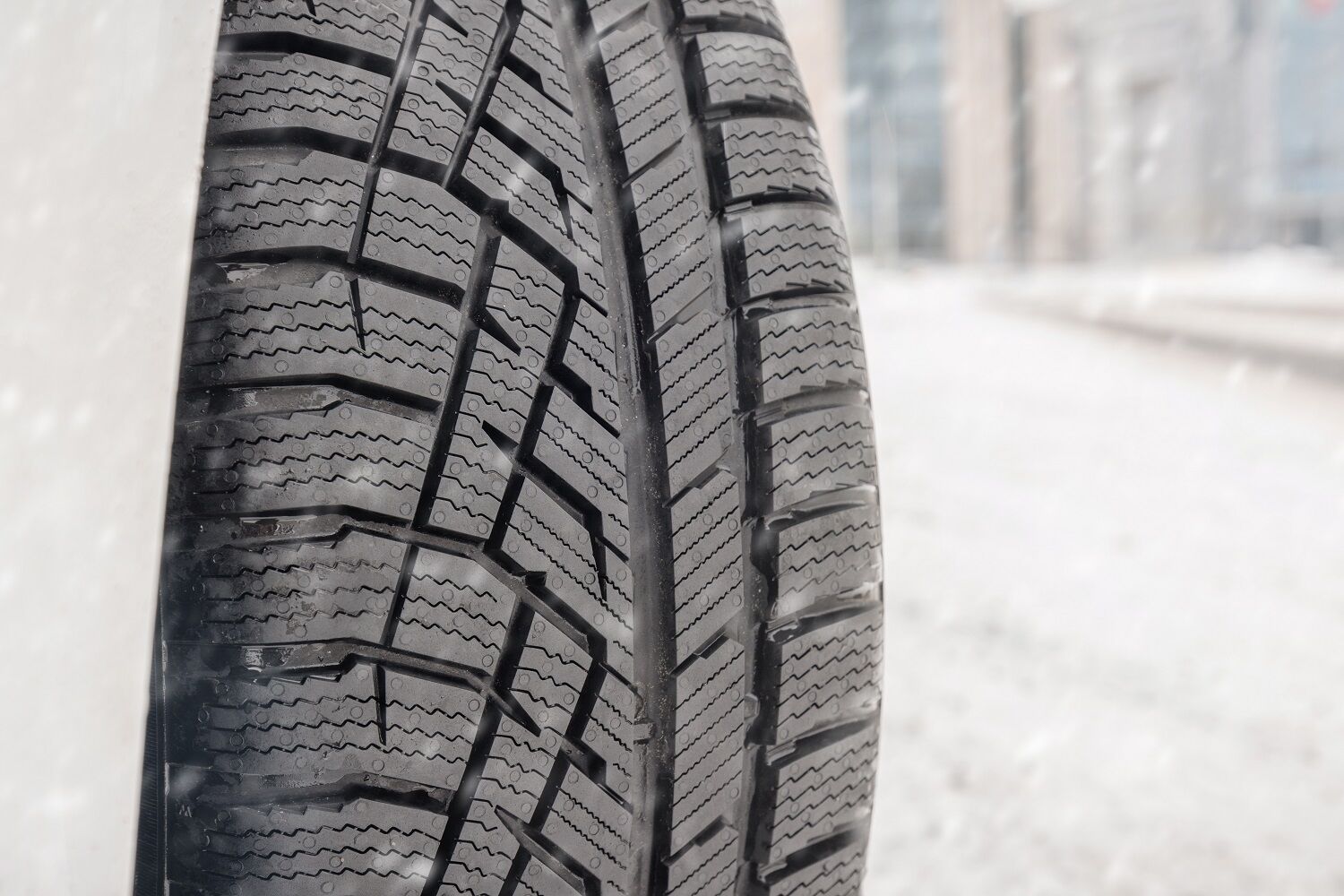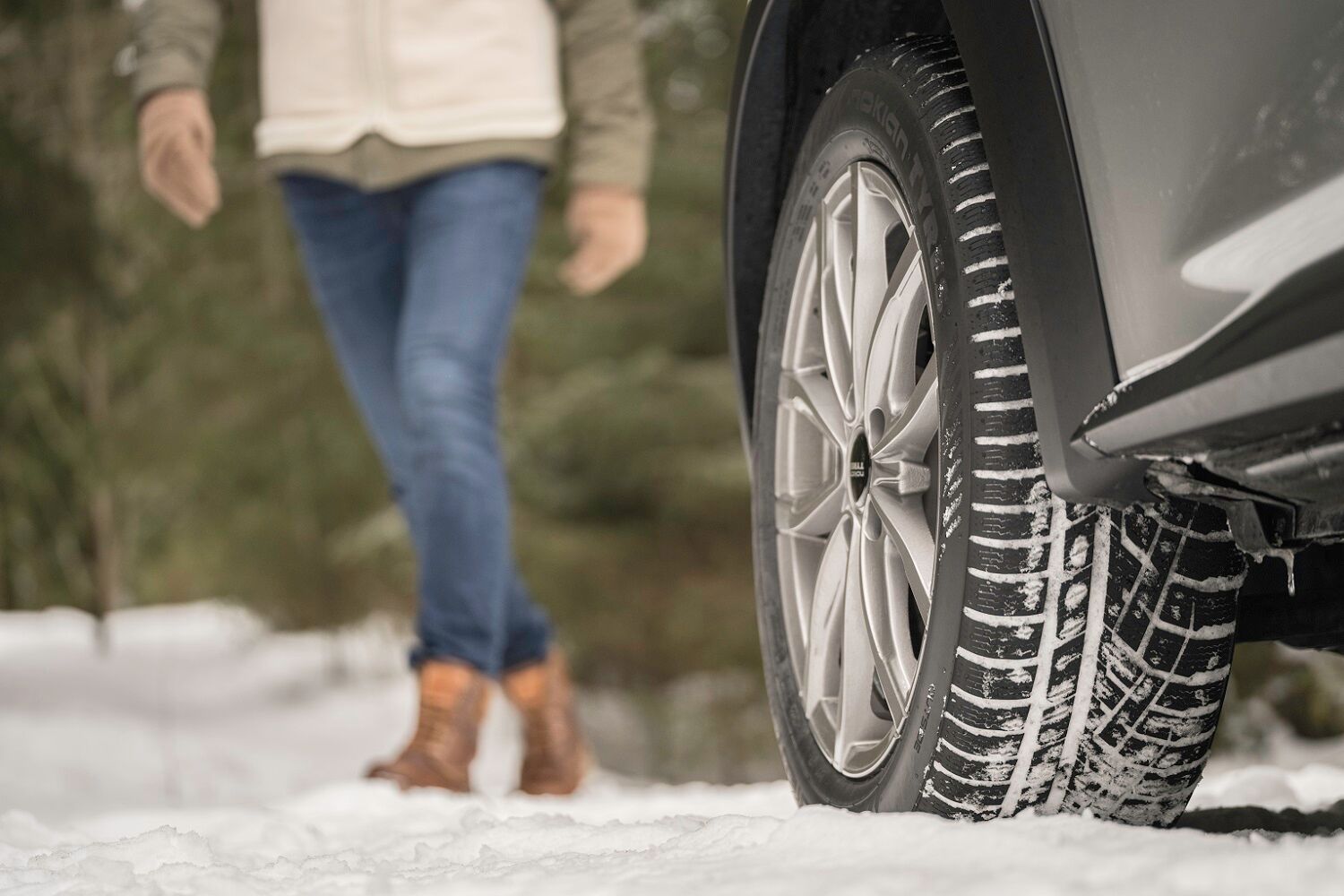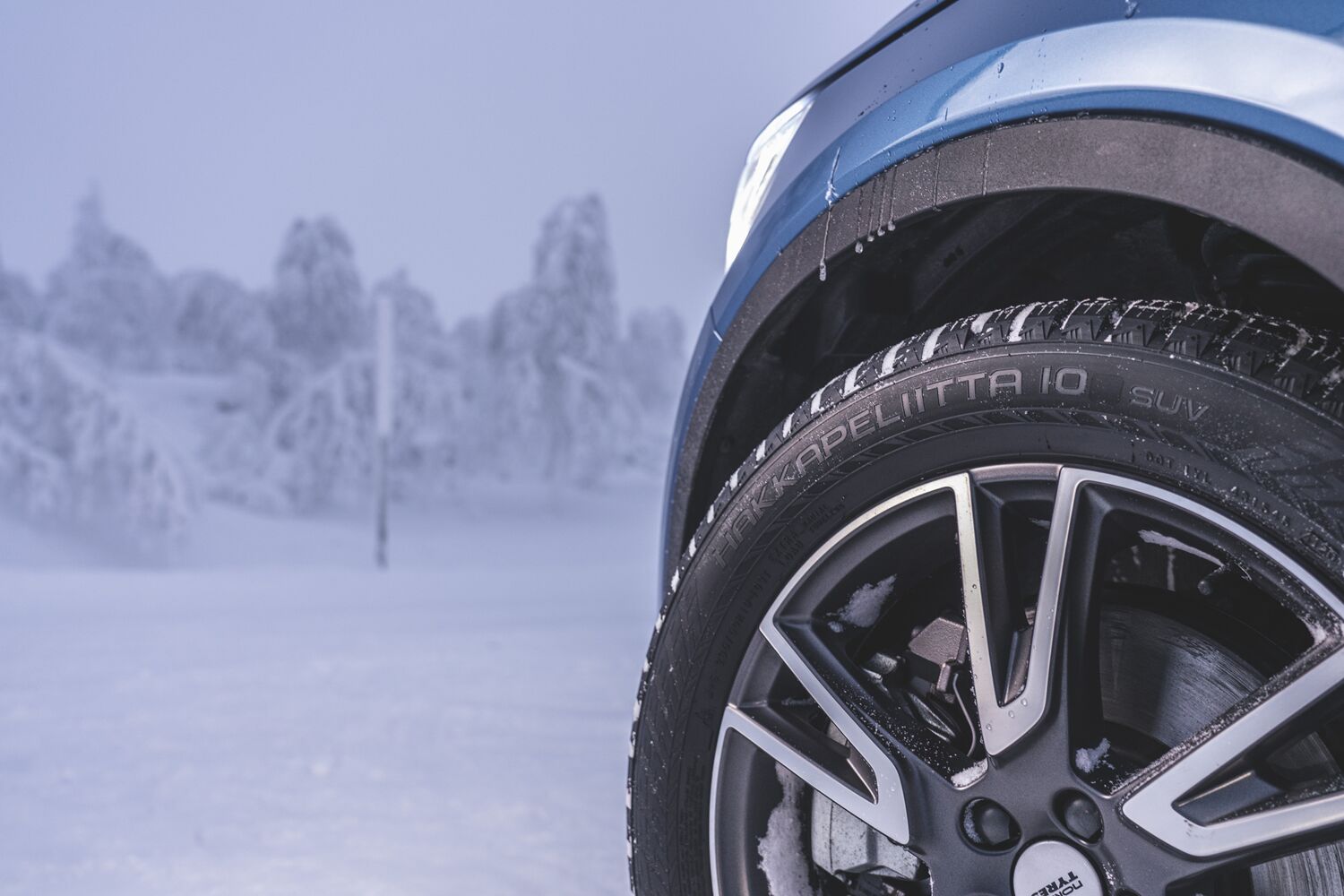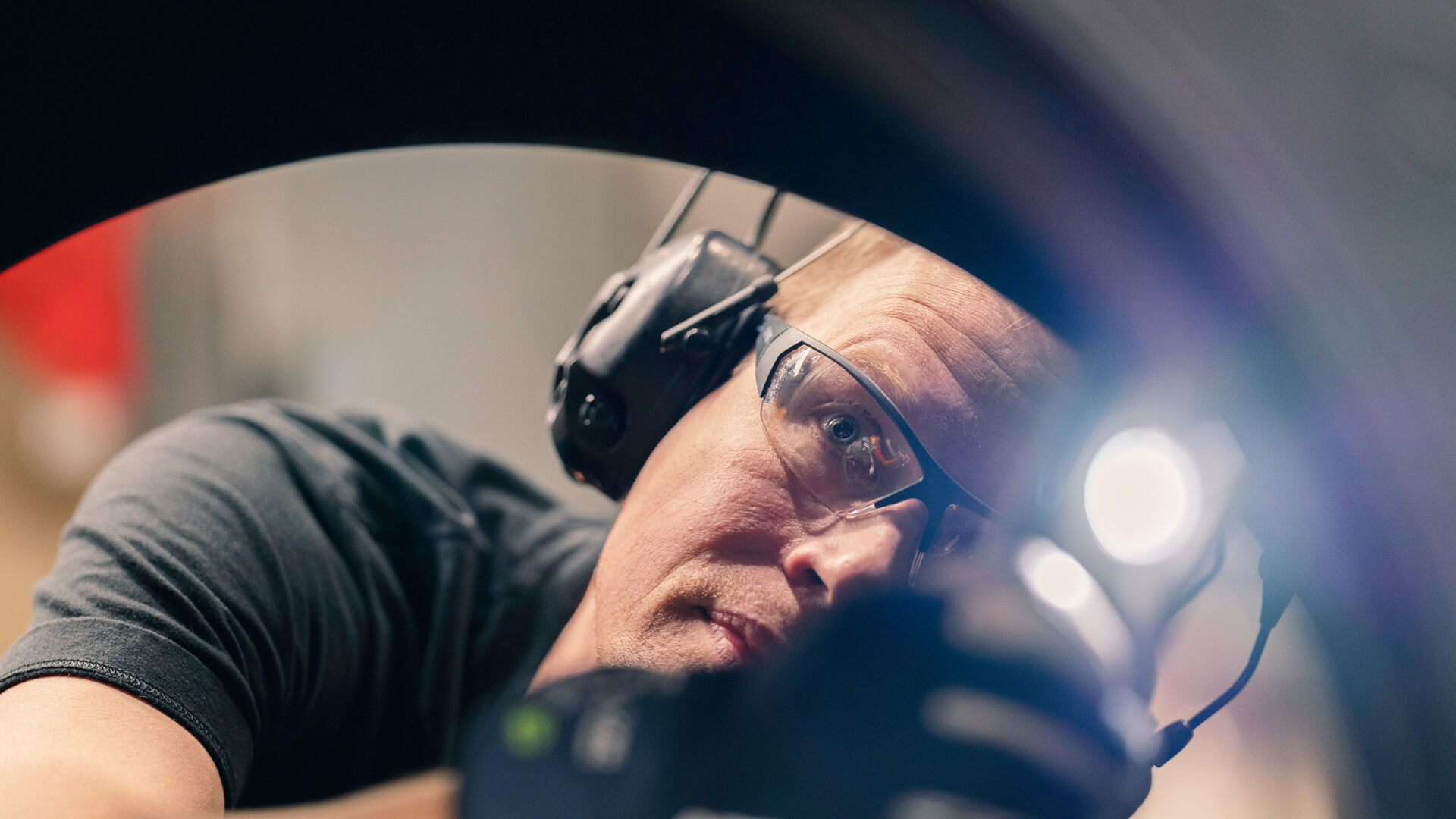
Tire manufacturing involves pinpointing the right materials and processes that result in safe, economical and environmentally friendly tire products. Read more about how tires are made at Nokian Tyres.
Tire manufacturing involves using the right materials and processes that result in safe, economical and environmentally friendly tire products. The whole process results from exhaustive research, product development, testing and years of tire expertise. Read more about how tires are made at Nokian Tyres, including at our North American tire factory.
Raw materials and rubber compounds
The main raw materials of a tire are natural rubber, synthetic rubber, carbon black and oil. The share of rubber compounds in the total weight of a tire is more than 80%. The rest consists of various kinds of reinforcing materials.
Natural rubber
Approximately half of the rubber is natural rubber from a rubber tree. Rubber trees are grown in the tropics in countries like Malaysia and Indonesia. The consistency of the rubber compounds' consistency in different parts of a tire varies. The rubber compound’s consistency also varies depending on the intended use and model of the tire. For example, the rubber compound used in a summer tire for a passenger car is different from that of a winter tire.
Synthetic rubber and filler substances
Most of the synthetic, oil-based rubbers come from European manufacturers. Approximately one-third of the compound consists of filler substances. The most important of these is carbon black, which makes the tires black in color. Another important filler is oil, used as a plasticiser in the compound. Furthermore, hardening or vulcanising agents, various booster chemicals and protective agents are used in the rubber compounds.
In 2024, Nokian Tyres partnered with UPM Biochemicals "to revolutionize the tire industry by introducing the first concept tire with UPM BioMotion Renewable Functional Fillers (RFF)". This partnership highlights the possibility to use lightweight, 100% renewable material as an alternative to traditional fillers. Read more about Nokian Tyres' sustainability efforts here.
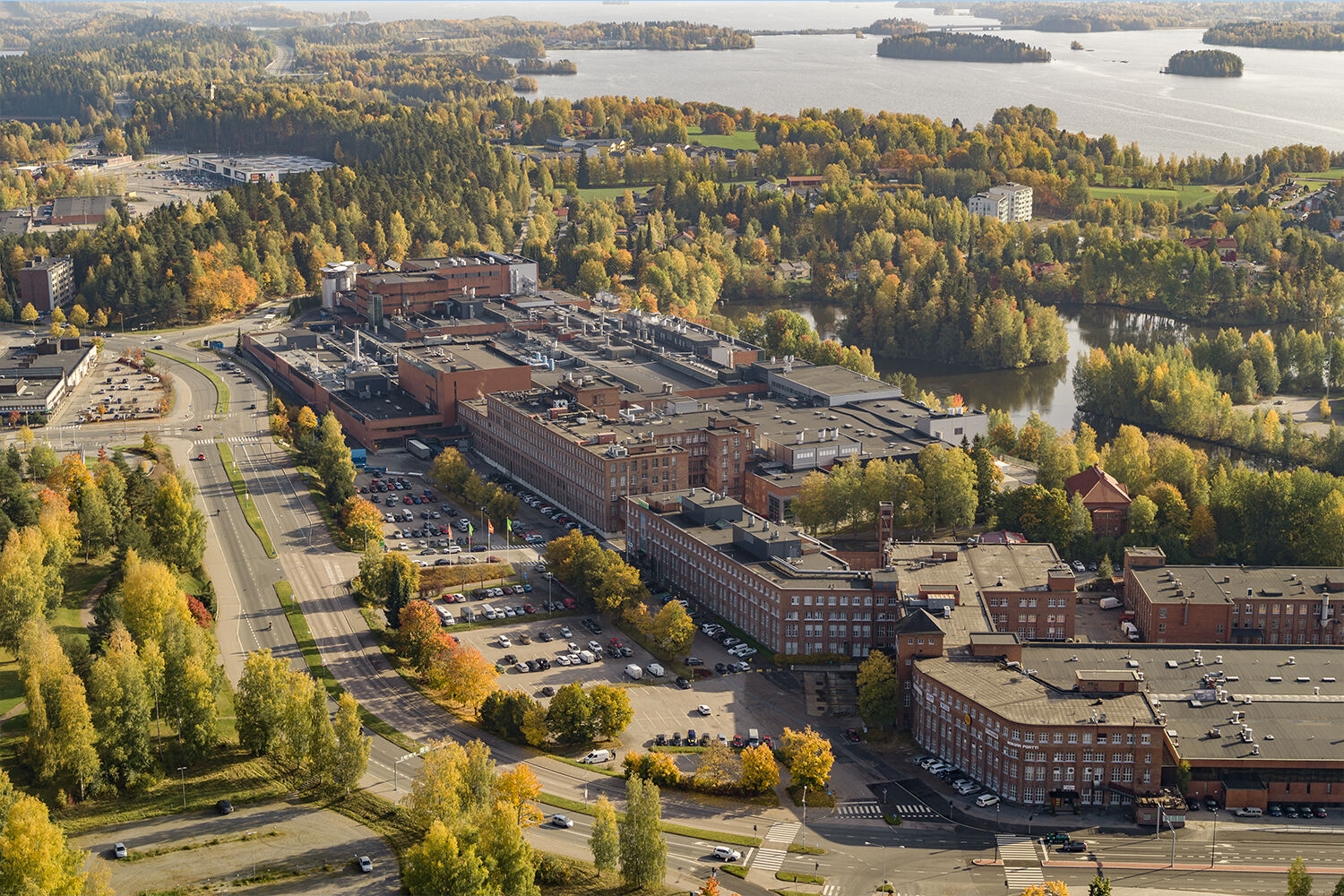
Mixing
In the mixing stage of tire manufacturing, the raw materials are mixed together and heated at a temperature of approximately 250 degrees Fahrenheit (120 degrees Celsius).
Developing and adjusting the recipes is an important part of the tire development work. Both the raw materials used in the mix and their amounts in relation to other materials are crucial for establishing the desired characteristics of a tire. For example, a winter tire must perform in cold winter driving conditions below 45 degrees Fahrenheit (7 degrees Celsius).
Component manufacturing
The compounds are used in rubberizing various components, such as cables, textiles or steel belts. The tire manufacturing process consists of putting together 10–30 different components that make up the tire. Most of the components are various kinds of reinforcements.
Assembling a green tire
Tire makers assemble the components into green tires using a tire-building machine. A green tire, or an uncured tire, is still missing its treads, which provide traction for safer driving.
When the components have been drawn onto the belt drum of an assembly machine and the frame of a tire has been set on the bulkheads of the stretching machine, the machine’s loading wheel transfers the unity formed by the surface and the belt onto the frame. The frame is then pressurized and stretched to fuse with the above-mentioned unity. This is how a green tire is manufactured.
Vulcanizing and curing a tread pattern
Green tires are vulcanized in curing presses. The high steam pressure conducted into the curing pad inside the curing press presses the elastic green tire against the tread pattern. In addition to the tire tread pattern, the green tire is engraved with the sidewall lettering, giving the tire its final appearance.
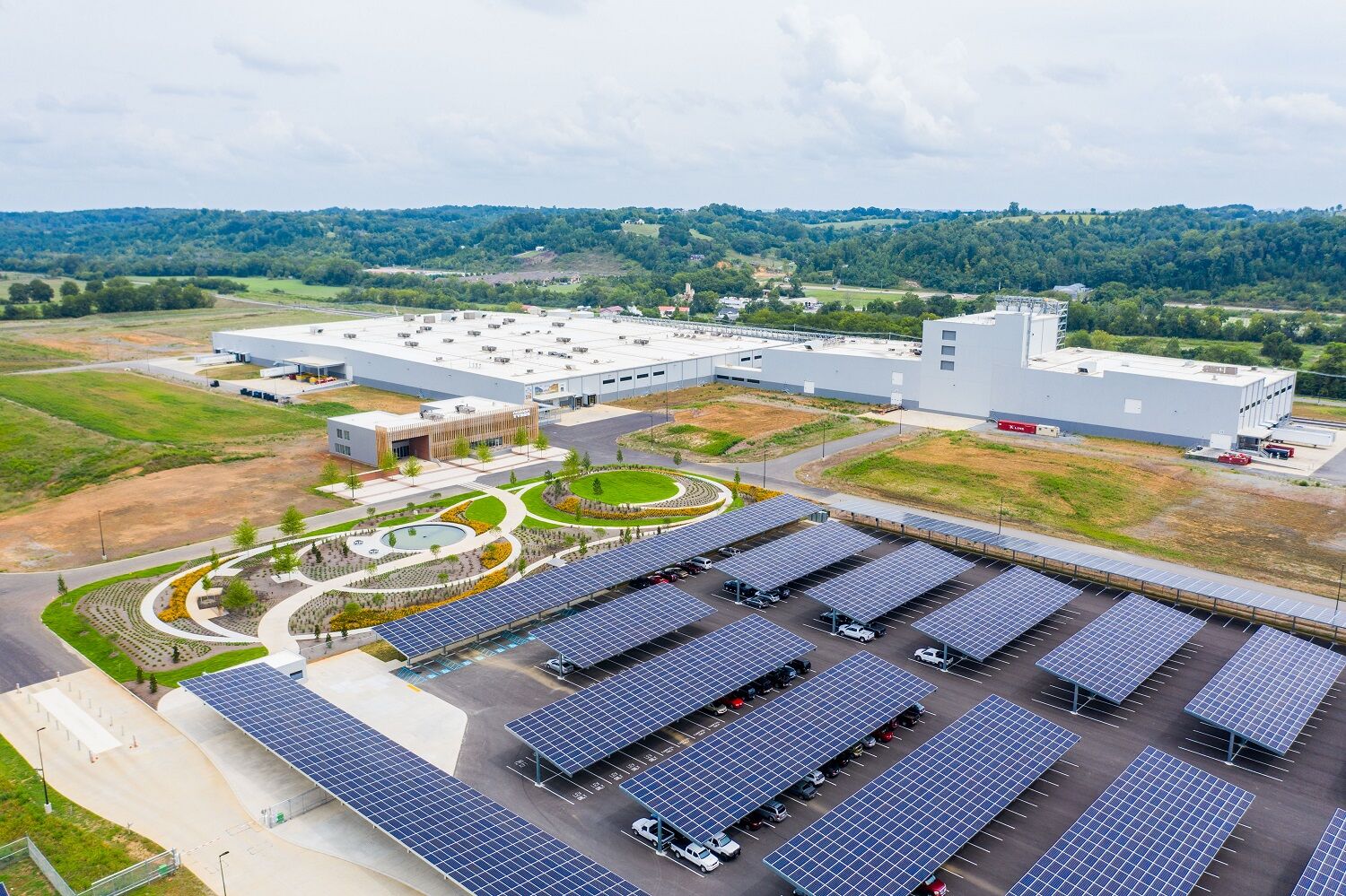
Inspection
Each passenger car tire is inspected both visually and by a machine. Attention is paid to any faults and defects with the tire's appearance in the visual inspection. The machine measures the pattern as well as radial throw and lateral force variation of the tire. After inspection, the tire is tested, labeled and transferred to the warehouse for delivery.
Environmentally friendly tire manufacturing
Nokian Tyres is a global leader in sustainability, especially in the world of tire manufacturing. Our tire manufacturing process involves exhaustive research to determine materials and production methods that are as safe as possible for the environment and human health, without compromising road safety. To ensure the smallest negative environmental effect possible, Nokian Tyres selects raw materials by identifying the least harmful options.
Through its partnership with UPM Biochemicals, Nokian Tyres has made its "Nokian Tyres Green Step Ligna" concept tire - the first ever tire made with UPM BioMotion™ RFF, a fully renewable wood-based lignin raw material produced by UPM. In the concept tire, all fossil carbon black in the tire’s sidewalls is replaced by the new raw material. Nokian Tyres has long been innovating to use the material and has registered a patent for using the material in tire applications. Nokian Tyres is now licensing its patent to UPM, which enables UPM to provide the raw material to the tire industry.
North American manufacturing
Nokian Tyres operates one of the most eco-friendly tire factories in the world in Dayton, Tennessee. Our North American tire factory was designed on the cutting edge of sustainable innovation.
Combining forward-thinking domestic tire manufacturing with sustainable Scandinavian values has awarded the Dayton manufacturing facility the title of first tire factory in the world to be awarded LEED v4 Silver certification - a testament to its low emissions and energy efficiency. Our tires are made to have low rolling resistance and are free of harmful high-aromatic oils, reducing their environmental impact.
Nokian Tyres built the world’s first zero CO2 emission tire factory in Oradea, Romania, in 2024. The company celebrated its first tire manufactured at the new factory on July 1, 2024. The Nokian Tyres Romania factory represents an industry benchmark with a holistic approach to sustainability, including the use of solely CO2-free energy sources and energy-efficient, highly automated processes. In addition, the factory aims for the same zero-waste-to-landfill standard from production, to match the standard met at our other factories in Finland and North America.
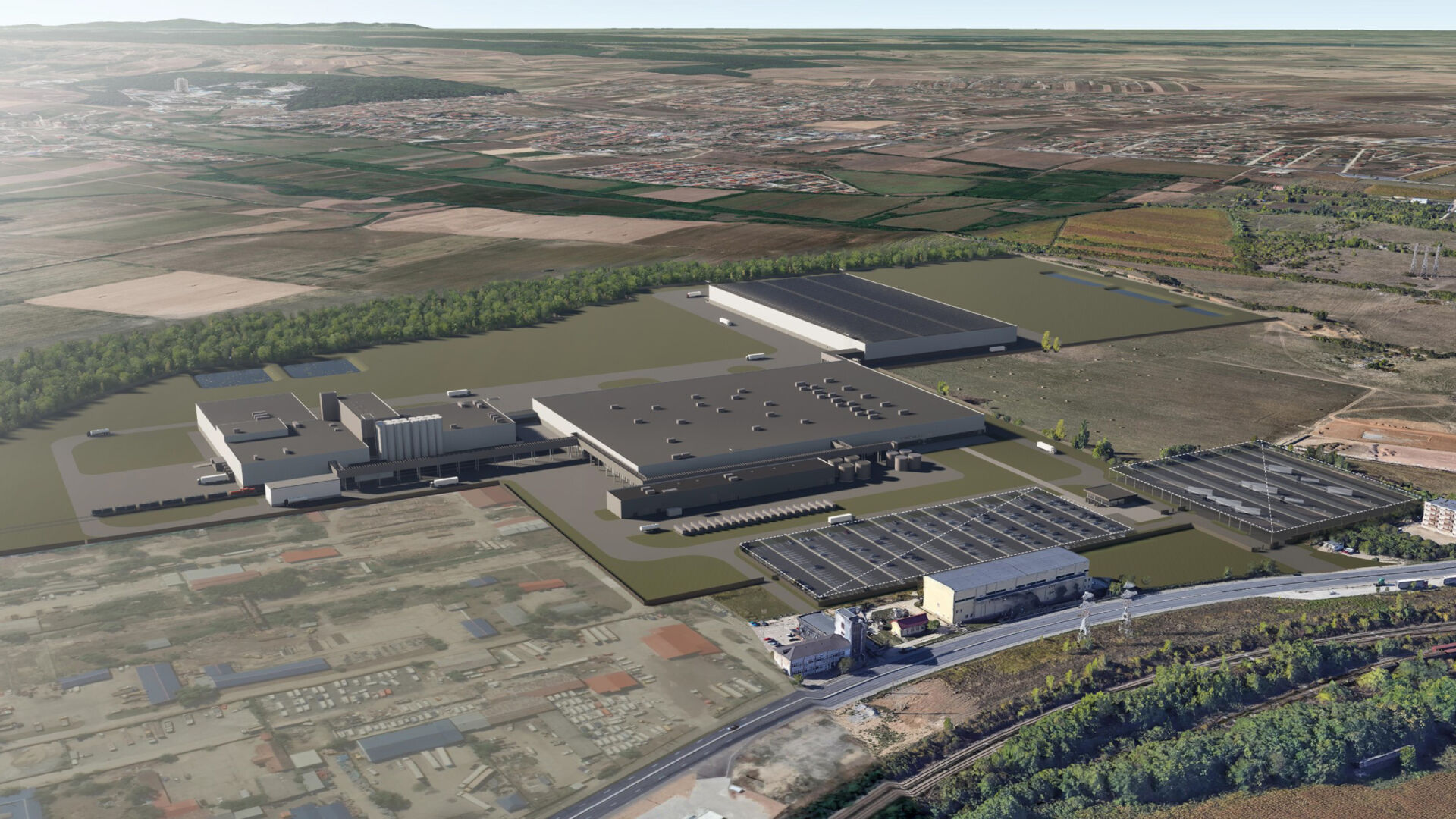
Where are Nokian Tyres products made?
Nokian Tyres has invested in serving its customers in the United States and Canada by building our $360 million tire factory in Dayton, Tennessee, USA. At the North American tire manufacturing facility, Nokian Tyres produces all season tires, all terrain tires and all weather tires designed for North American roads and weather conditions.
Nokian Tyres' winter tires are manufactured at our factory in Nokia, Finland, and tested in the harshest of winter conditions at our Ivalo Test Center. The factory in Finland plays an important role not only in the manufacturing of tires, but also in product development. It is a key location for our product development, prototyping and test runs.
To ensure our tires perform in all conditions and environments, the tires go through rigorous testing in our test centers in Ivalo, Finland and Santa Cruz de la Zarza, Spain. Commercial tire production at our newest tire factory in Oradea, Romania began in early 2025.
More information on Nokian Tyres' North American products:
-- Nokian Tyres Surpass ultra-high performance, all season tires
-- Nokian Tyres One all season tires
-- Nokian Tyres Outpost all terrain tires
-- Nokian Tyres Remedy all weather tires
-- Nokian Tyres Hakkapeliitta winter tires
Interested in our tires? Visit a Nokian Tyres dealer near you:
Please remember that it is the driver’s responsibility to ensure their tires are safe and suitable for their vehicle and to follow the vehicle’s manufacturer´s guidelines for proper use and maintenance. Consult your closest Nokian Tyres dealer or your vehicle’s manufacturer for specific advice.
